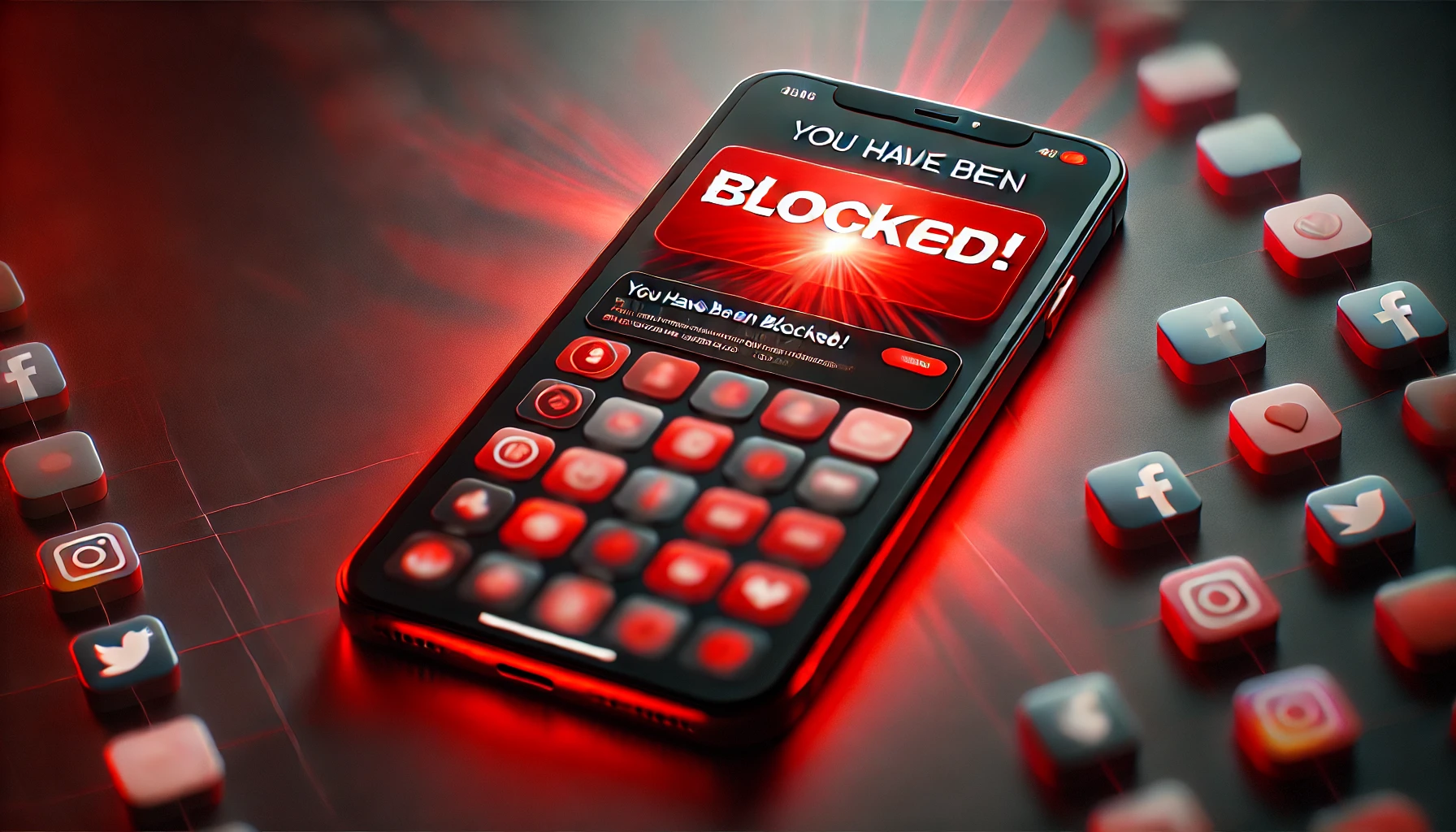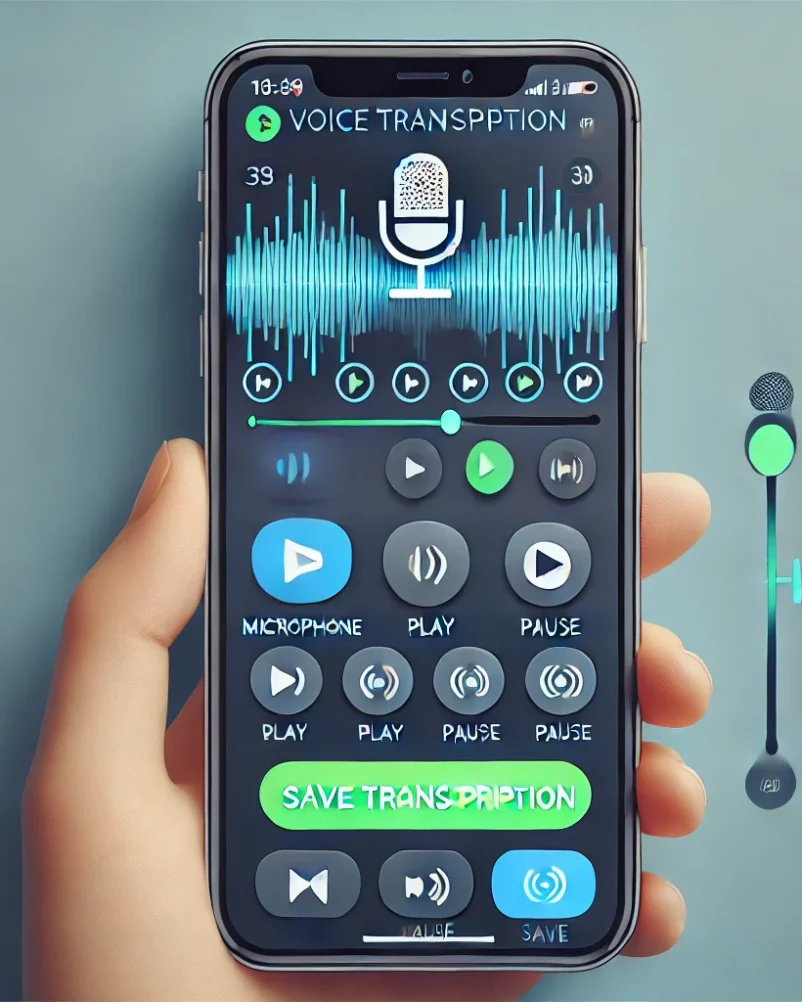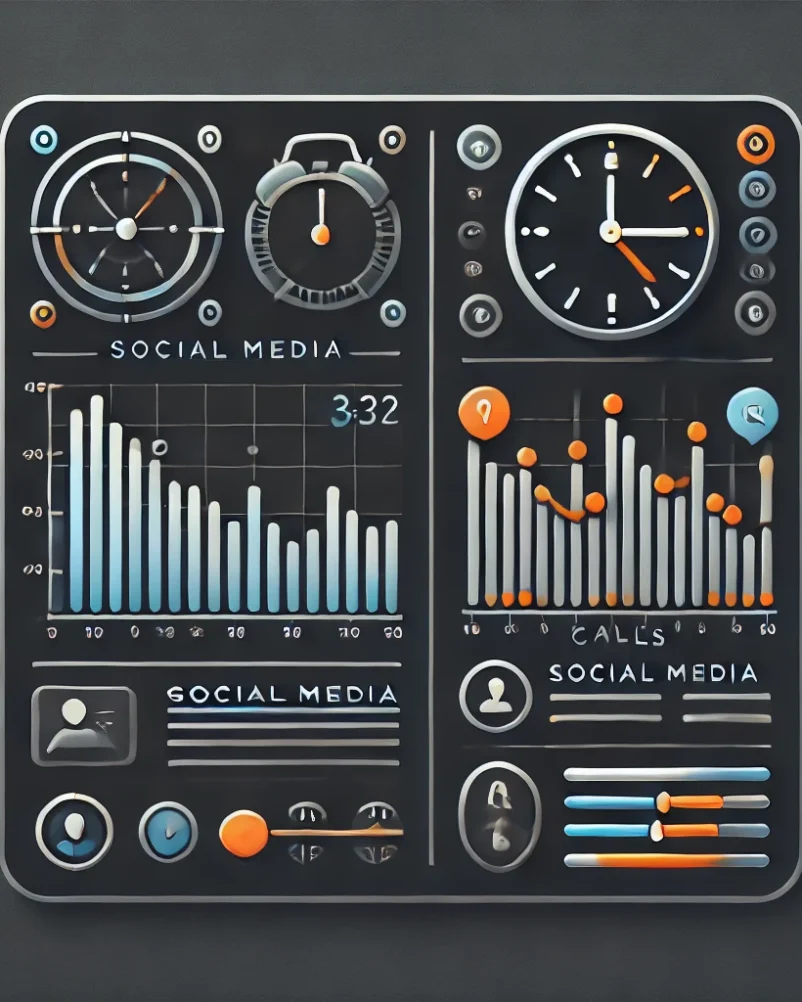Anúncios
“Learn about apps that claim to reveal who has blocked you on social media or mobile phones.
Are they trustworthy, and how do they work?”
Is It Really Possible to Know Who Blocked You?
Have you ever wondered if someone has blocked you on their phone or social media?
Many apps and online services claim to uncover this mystery, promising to reveal who has blocked you with just a few clicks.
But are these tools reliable, or could they pose risks to your privacy?
In this article, we’ll explore:
• How these apps work (or claim to work).
• Whether they are trustworthy and safe to use.
Anúncios
• Alternative ways to identify blocking activity without compromising your security.
If you’re curious about how to handle this sensitive situation, keep reading for an in-depth guide.
What Are These “Blocking Detection” Apps?
Blocking detection apps are designed to notify users if someone has blocked them on social media platforms or messaging services.
They often target users who want insights into:
• Social Media Blocks: Who unfollowed or blocked them on Instagram, Facebook, or Twitter.
• Messaging App Blocks: Who blocked their number on WhatsApp or other messaging platforms.
• Call Blocks: Who has blocked their number from making calls.
How Do They Claim to Work?
Most of these apps monitor changes in your connection with other users, such as:
• Checking if someone has stopped interacting with your profile.
• Tracking whether your messages are being delivered or seen.
• Analyzing follower lists to detect if someone has unfollowed or blocked you.
While the idea may seem appealing, the actual mechanics behind these apps are often less sophisticated than they appear.
Are These Apps Trustworthy?
The reality is that many of these apps come with significant drawbacks.
Below are key concerns to keep in mind:
1. Privacy Risks
Many blocking detection apps require access to your personal data, including:
• Social media login credentials.
• Access to your contact list or phone logs.
• Permissions to monitor your messages or calls.
Granting such access can expose your personal information to potential misuse, including data breaches or unauthorized sharing.
2. Accuracy Issues
These apps often rely on indirect methods to determine if you’ve been blocked, which can lead to false positives.
For example:
• A user deactivating their account may be misinterpreted as blocking you.
• Algorithm errors can lead to incorrect results.
3. Violations of Platform Policies
Social media platforms like Instagram and Facebook have strict rules against scraping data or using third-party tools to monitor user activity.
Using such apps can lead to:
• Temporary or permanent bans from the platform.
• Loss of account access due to policy violations.
4. Hidden Costs
Some apps advertise themselves as free but include:
• Hidden subscription fees.
• In-app purchases to unlock key features.
• Excessive ads that disrupt the user experience.
How to Spot Untrustworthy Blocking Detection Apps
To avoid risks, here are some red flags to watch out for when evaluating an app:
• Unrealistic Promises: Claims like “Guaranteed to show who blocked you” are often misleading.
• No Reviews or Low Ratings: Apps with few or negative reviews on app stores are likely untrustworthy.
• Excessive Permissions: Apps asking for unnecessary access to your personal data should be avoided.
• Nonexistent Support: Apps without a clear support system or website are often unreliable.
Safe Alternatives to Understand Blocking Activity

Instead of relying on risky apps, here are safer ways to assess whether someone has blocked you:
1. Check Social Media Interactions
• On Instagram: Search for the person’s profile.
If it doesn’t appear and you can’t see their posts, they may have blocked you.
• On Facebook: Use the search bar.
If their profile isn’t visible and mutual friends confirm their account is active, you might be blocked.
2. Analyze Message Delivery
• On WhatsApp: If your messages show only one gray checkmark and you can’t see their profile picture, they may have blocked you.
3. Use Built-In Tools
Platforms like LinkedIn or Twitter provide analytics on unfollows and blocked accounts through their premium plans or notifications.
4. Respect Boundaries
While it’s natural to be curious, consider whether it’s worth the time and effort to investigate blocking activity.
Sometimes, respecting the other person’s choice to block is the best path forward.
Comparison Table: Blocking Detection Apps vs. Safer Alternatives
| Feature | Blocking Detection Apps | Safer Alternatives |
|---|---|---|
| Privacy | High risk of data exposure | No data sharing required |
| Accuracy | Often unreliable | Depends on manual verification |
| Cost | Hidden fees or subscriptions | Free or included with platform |
| Account Safety | Risk of bans or suspensions | No violations of terms of service |
FAQs: Common Questions About Blocking Apps
1. Can an App Really Show Who Blocked Me?
No app can definitively determine if someone has blocked you.
Most rely on indirect signs that may not be accurate.
2. Are These Apps Legal?
While using such apps isn’t illegal, they often violate the terms of service of social media platforms, putting your account at risk.
3. Is There a Free Way to Check Who Blocked Me?
Yes, manual methods like searching for the person’s profile or checking message delivery statuses are safer and free.
Summary of Key Takeaways
• Blocking detection apps often pose risks to your privacy and data security.
• Many apps are inaccurate and can lead to false conclusions.
• Safe alternatives include checking interactions manually or using built-in platform tools.
• Always prioritize privacy and respect boundaries when investigating blocking activity.
Curious about more ways to protect your online presence?
Explore our related guides on social media privacy and security tools to stay informed and safe.
Related Topics
• Best Apps for Social Media Privacy
• How to Recover Deleted Messages on WhatsApp
• Top Tools for Monitoring Social Media Interactions
• Tips for Maintaining Privacy in Online Relationships
• How to Secure Your Social Media Accounts Against Hacks



